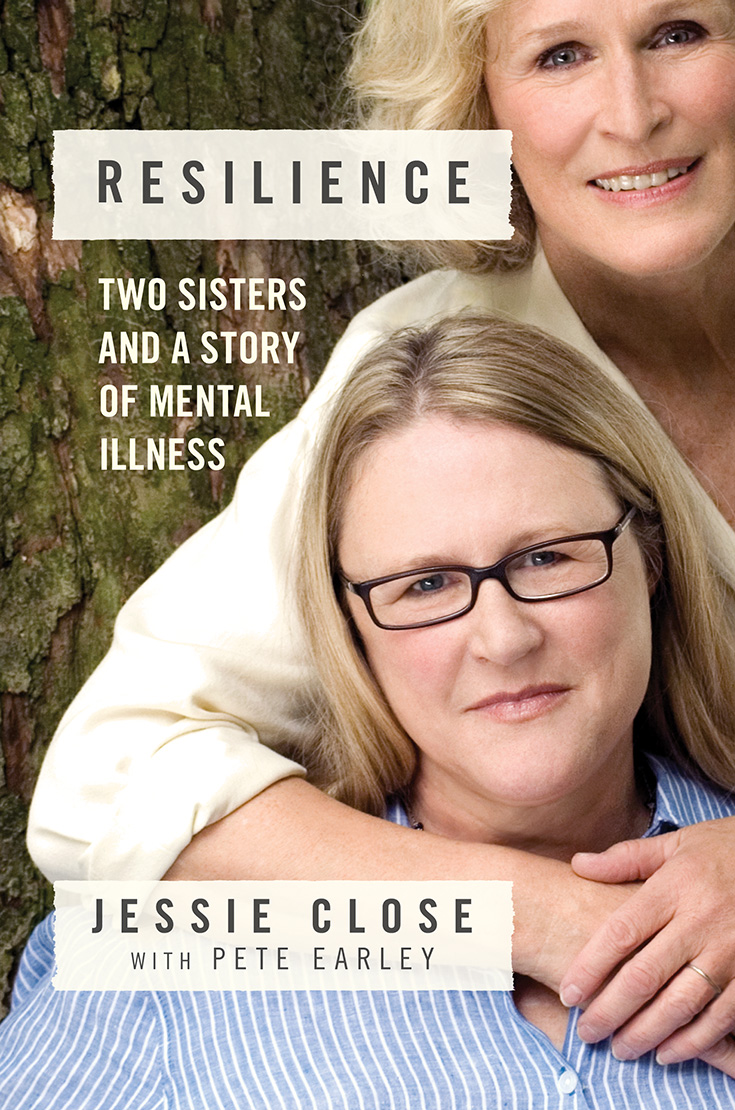NEWS ABOUT RESILIENCE: Jessie Close and I will be speaking at a book party Tuesday, January 13th, at Fountain House in Manhattan beginning at 6 p.m. Fountain House is a fabulous clubhouse program whose roots date back to the 1940s. If you would like to attend, please send an RSVP via e-mail to Ashley Womble at awomble@fountainhouse.org. Unfortunately, Glenn Close will not be there since she is appearing in a Broadway play.
Glenn and Jessie will be featured on the CBS Morning News that Tuesday morning and will be on the Dr. Oz show on Wednesday.
How Can One Defendant Be Legally Insane And The Other Not Insane When They Both Commit The Same Crime?

Monifa Sanford
Washington Post reporter Dan Morse has been covering a horrific case that raises thorny questions about our criminal justice system and defendants suspected of having mental disorders.

Zakieya Avery
Two Washington D.C. area women are about to go on trial in Maryland for stabbing four children, two fatally, as part of an exorcism.
A psychiatrist has told the court that Monifa Sanford, age 22, was legally insane when she participated in the stabbings. However, a different psychiatrist told the court that Sanford’s cohort, Zakieya Avery, age 29, was not insane when the stabbings happened.







